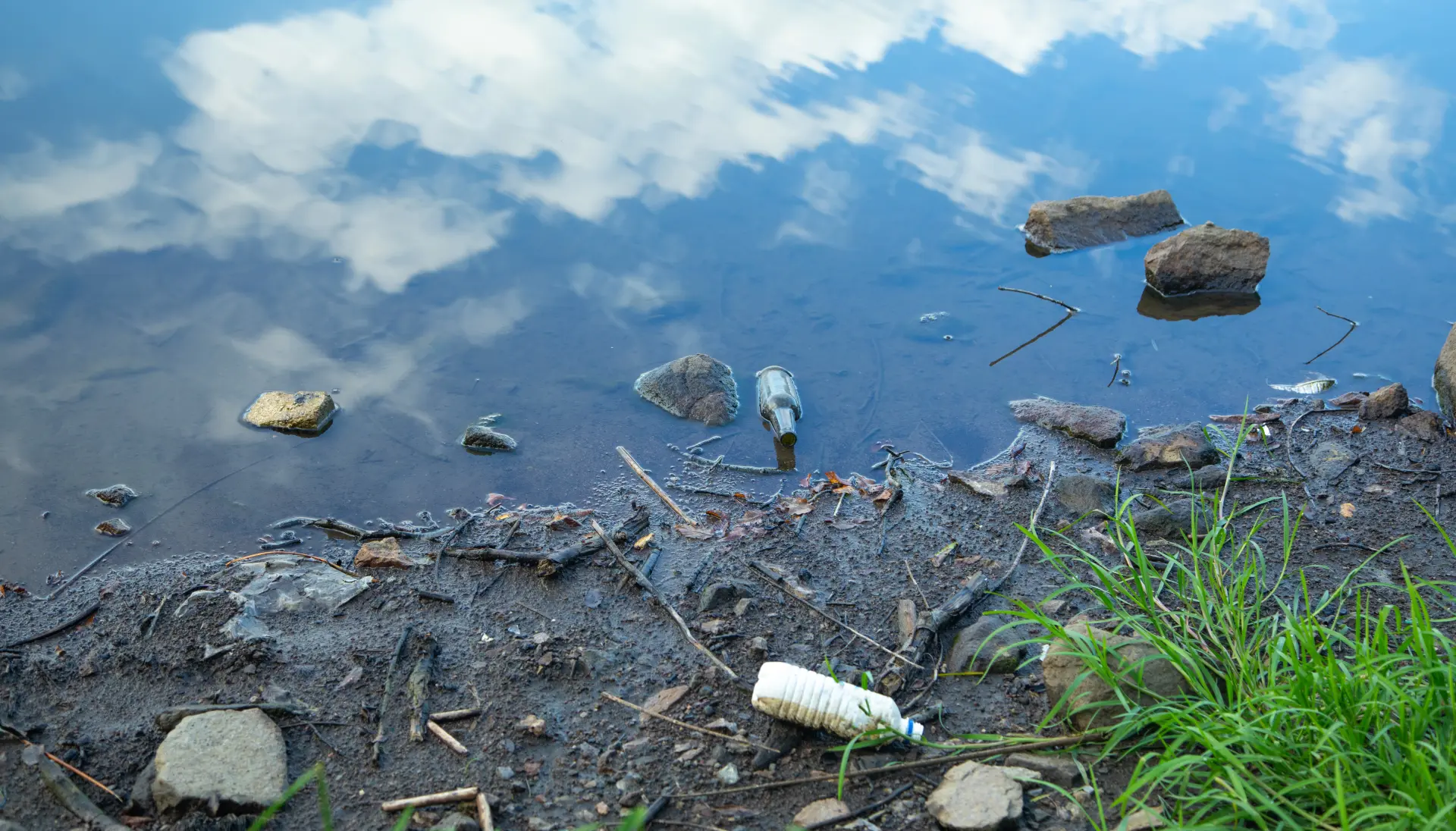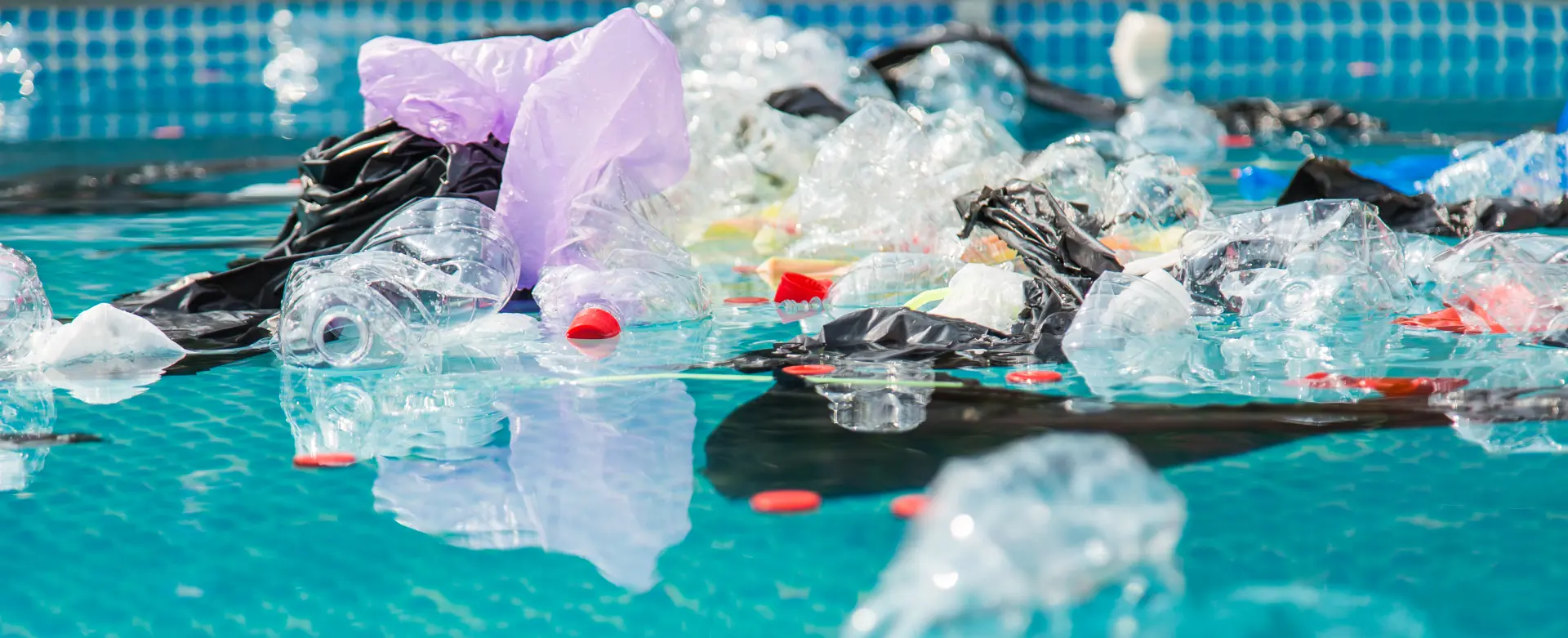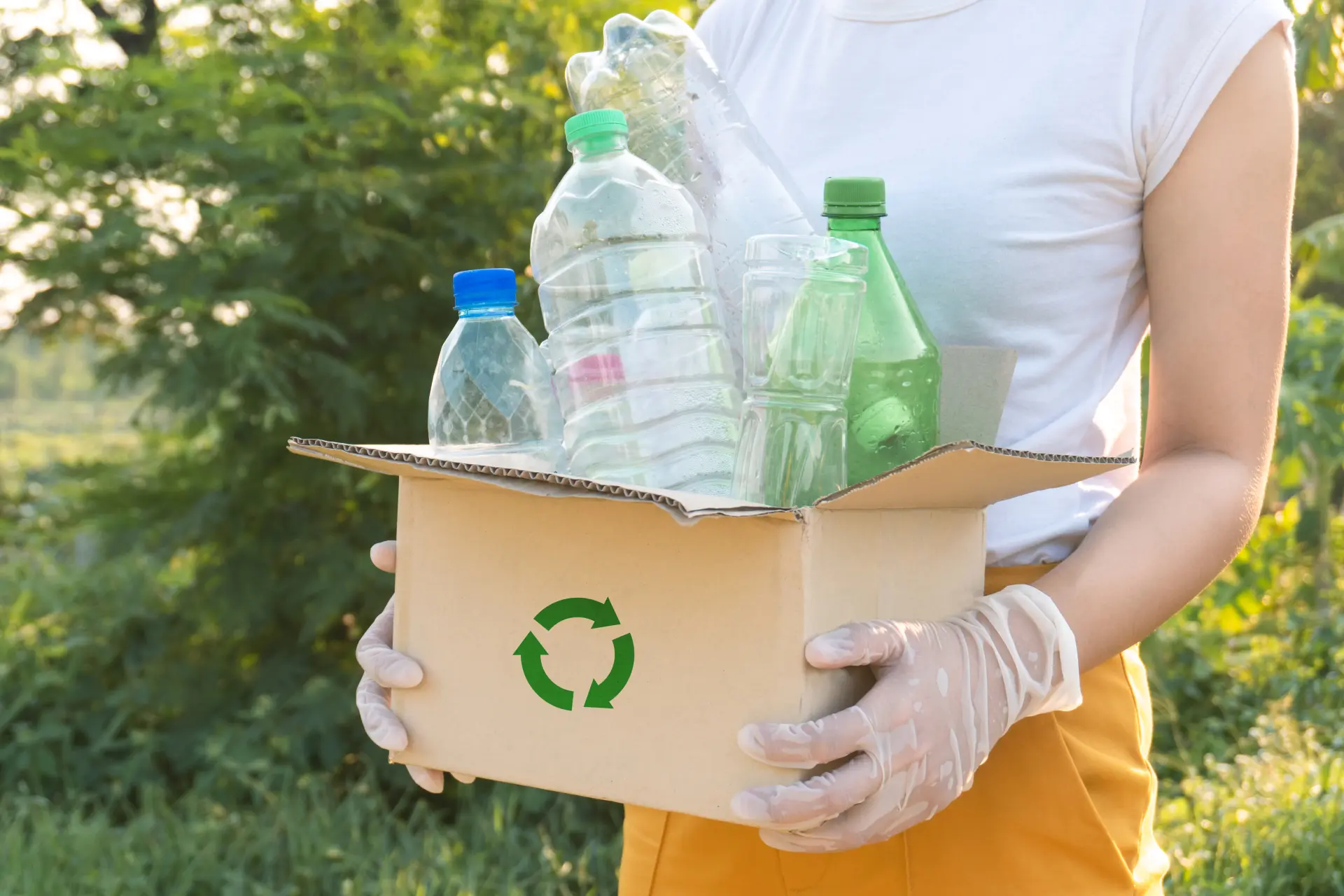What Is Poor Waste Disposal?
Poor waste disposal refers to the improper management of waste, including incorrect disposal, lack of recycling, or dumping waste in unsuitable locations. This can involve throwing trash in public spaces, failing to separate recyclables from general waste, or discarding hazardous materials without consideration for their harmful effects. Improper waste disposal leads to pollution, health risks, and damage to ecosystems.
It is a growing issue that affects the planet's sustainability and contributes to environmental degradation. For communities and industries alike, adopting responsible waste management practices is crucial for protecting both the environment and human health.
Pollution of Land, Water and Air
Improper waste disposal has a severe impact on land, water, and air quality. When waste is disposed of on land, it can lead to the contamination of soil and groundwater. Hazardous chemicals from improperly disposed of electronics, batteries, or cleaning products can seep into the earth, affecting both plant and animal life. These chemicals can also enter the water supply, posing a serious risk to human health and ecosystems. Waste that is dumped into bodies of water, such as rivers and oceans, often contains harmful substances that disrupt aquatic ecosystems, affecting fish and other marine life.

Moreover, when waste is burned improperly, harmful gases and toxins are released into the air. This not only contributes to air pollution but also accelerates climate change by adding to the concentration of greenhouse gases. In addition, the burning of waste materials such as plastics produces dioxins and other dangerous chemicals, which can have long-term health effects on humans and animals.
The accumulation of waste in landfills also leads to the production of methane, a potent greenhouse gas. As landfills overflow, they further contribute to global warming and environmental degradation. Without proper waste management, the pollution of land, water, and air continues to worsen, leading to devastating consequences for both the planet and its inhabitants.
Harm to Wildlife and Natural Habitats
Poor waste disposal can cause significant harm to wildlife and their natural habitats. Animals may ingest harmful waste such as plastics, leading to poisoning, malnutrition, and even death. Toxic chemicals in waste can contaminate the soil and water, making it unsafe for animals to live and feed.
Additionally, improper disposal of waste can result in habitat destruction, as landfills and dumping sites encroach upon natural areas, pushing wildlife out of their homes. This disrupts ecosystems and leads to a decline in biodiversity. Ultimately, poor waste management threatens the survival of many species and disrupts the balance of nature.
The Role of Plastic in Environmental Damage
Plastic waste is one of the most damaging forms of waste to the environment. Due to its durability, plastic does not decompose quickly, remaining in landfills and oceans for hundreds of years. Much of the plastic waste ends up in the ocean, where it harms marine life. Sea creatures such as turtles, fish, and birds often mistake plastic debris for food, leading to choking, entanglement, or internal injuries.

The breakdown of plastic in the environment creates microplastics, tiny particles that infiltrate ecosystems, posing a danger to both marine and terrestrial animals. These microplastics can enter the food chain when consumed by small organisms and eventually make their way to humans. In addition to the physical damage, plastic waste also contains toxic chemicals that can leach into water sources, further polluting the environment.
The growing use of single-use plastics, such as bottles, bags, and packaging, is exacerbating the problem. In many parts of the world, inadequate waste management infrastructure leads to improper disposal, allowing plastic to enter the natural environment. Reducing plastic consumption, improving recycling systems, and encouraging alternatives to plastic are key steps in mitigating the environmental damage caused by plastic waste.
Health Risks Linked to Waste Mismanagement
Waste mismanagement poses several health risks to both humans and animals. Improperly disposed of waste can attract vermin such as rats and flies, which carry diseases. Contaminated water supplies due to waste leakage can lead to waterborne diseases such as cholera, dysentery, and typhoid. Toxic chemicals from waste, including heavy metals and hazardous substances, can also cause long-term health problems, including cancer, respiratory issues, and organ damage.
Communities living near poorly managed waste sites are especially vulnerable to these health risks. The exposure to toxic waste and pollutants not only affects immediate health but can also lead to chronic conditions and long-lasting environmental harm. Proper waste disposal and management are crucial to safeguarding human health and preventing the spread of dangerous diseases.
At Welcroft Lee Logistics, we specialise in efficient and responsible domestic waste removal, making your spaces cleaner and more comfortable. Our team ensures timely collection and proper disposal, so you can enjoy a clutter-free home.





